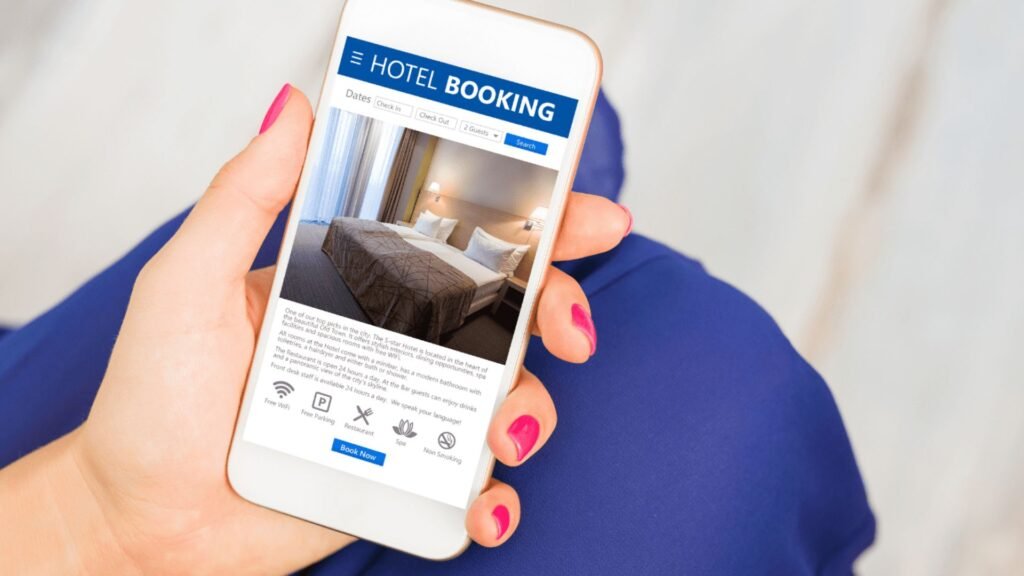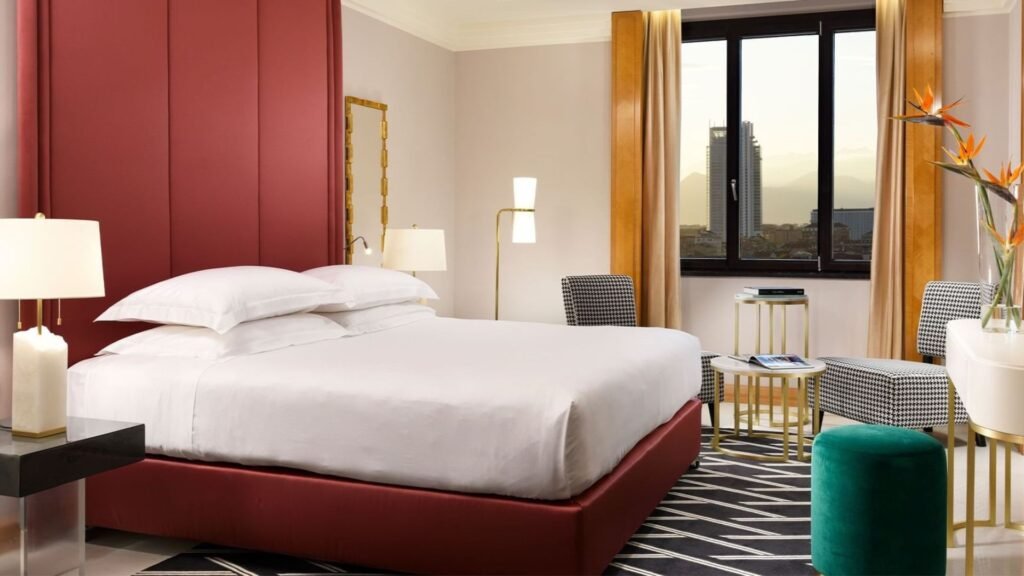Jun 24, 2024
How to Cancel Hotel Room Reservations Using Your Phone
Canceling hotel room reservations using your phone can be a convenient process if you find yourself needing to adjust your travel plans. Here’s a detailed guide on how to effectively cancel hotel room reservations using your phone:

Gather Your Booking Details
Begin by locating your booking confirmation email or accessing the booking details through the mobile app of the online travel agency (OTA) or directly from the hotel’s website. You’ll typically need your reservation number or booking ID, as well as the email address associated with the reservation.
Find the Hotel’s Contact Information
Look for the hotel’s contact number provided in your booking confirmation email or on their official website. If you booked through an OTA, you can often find the hotel’s direct contact number by logging into your account on the OTA’s mobile app or website. This direct line ensures you reach the hotel’s reservations desk or front desk promptly.
Dial the Hotel’s Phone Number
Using your phone, dial the hotel’s phone number and wait to be connected to a representative. This may be the hotel’s front desk or reservations department. Be prepared to provide your booking details, including your reservation number or booking ID, name, and the dates of your intended stay.
Confirm Cancellation Policy
Before proceeding with the cancellation, it’s essential to understand the hotel’s cancellation policy. Some bookings may be fully refundable if canceled within a specified timeframe before the check-in date, while others may have penalties or fees associated with cancellation. Clarify these details with the representative to avoid any unexpected charges.
Request Cancellation of Your Reservation
Inform the hotel representative that you would like to cancel your reservation. Provide them with the necessary booking details for verification. Politely request a confirmation of the cancellation and inquire about any refund process if applicable.
Receive Confirmation
After canceling your reservation, ask the representative to provide you with a cancellation confirmation number or email. This confirmation serves as proof that your reservation has been successfully canceled. Keep this confirmation for your records and future reference.
Follow Up if Needed
Check your email for the cancellation confirmation shortly after ending the call. If you do not receive confirmation within a reasonable timeframe, or if you have any concerns about the cancellation process, don’t hesitate to follow up with the hotel’s customer service or reservations department. They can provide additional assistance and ensure that everything is processed correctly.
Review Payment Adjustments
If you prepaid for your reservation, monitor your bank or credit card statement to verify that any refund due has been processed accordingly. Refund processing times can vary based on the hotel’s policy and your financial institution.
Adjust Your Travel Plans
Once your hotel reservation is successfully canceled, adjust your travel plans accordingly. If necessary, explore alternative accommodations and make new bookings promptly to secure availability and favorable rates.
By following these steps, you can efficiently cancel hotel room reservations using your phone, minimizing inconvenience and ensuring a smooth adjustment to your travel itinerary. Clear communication and understanding of cancellation policies are key to managing changes in your plans effectively.









